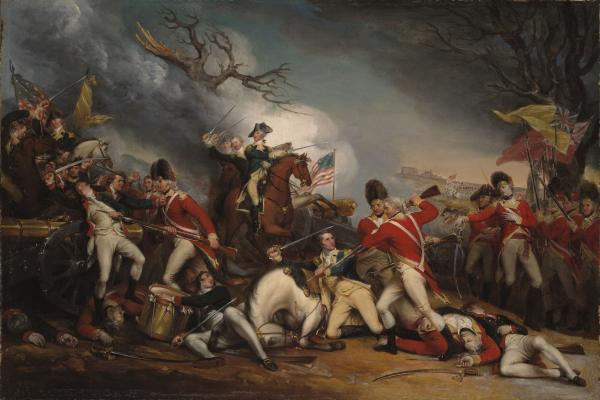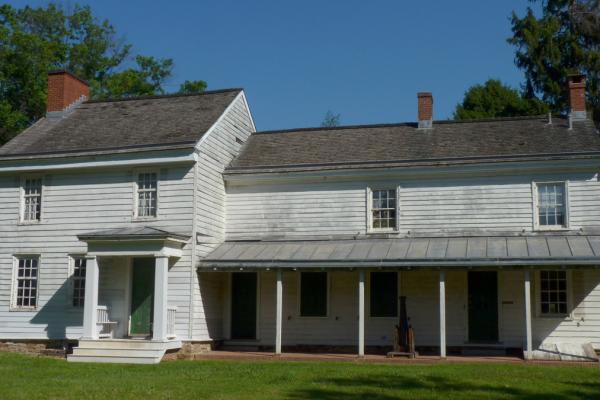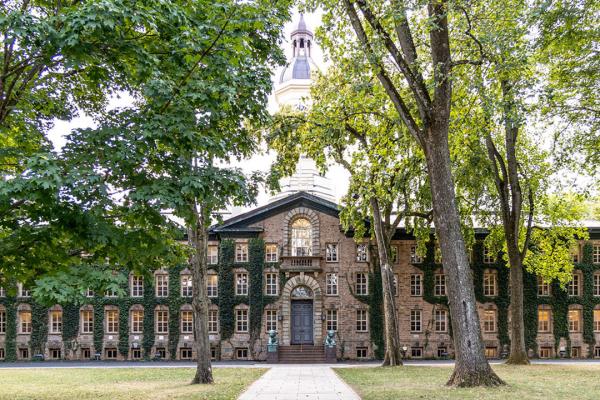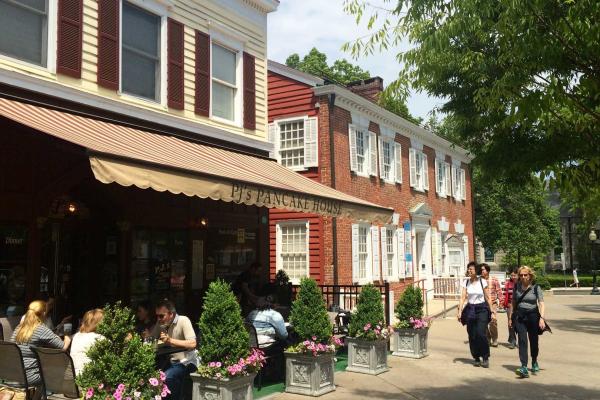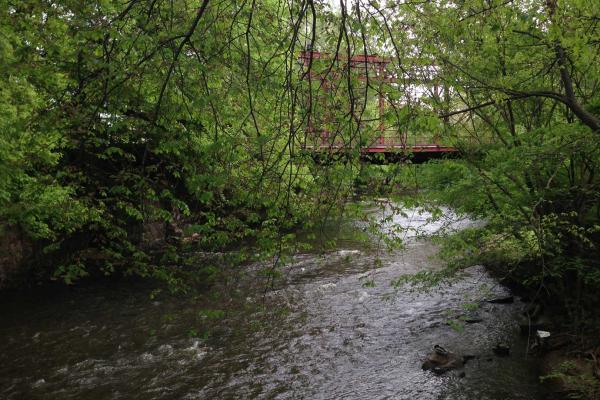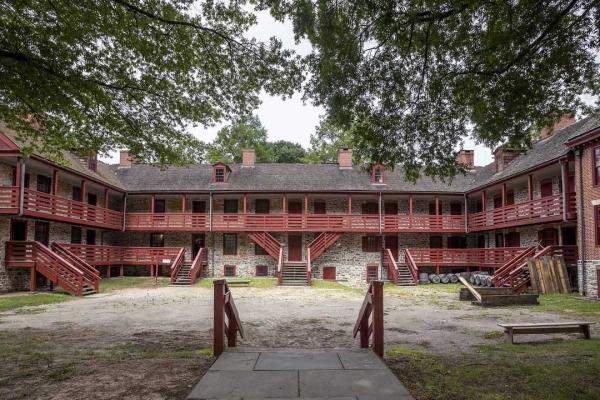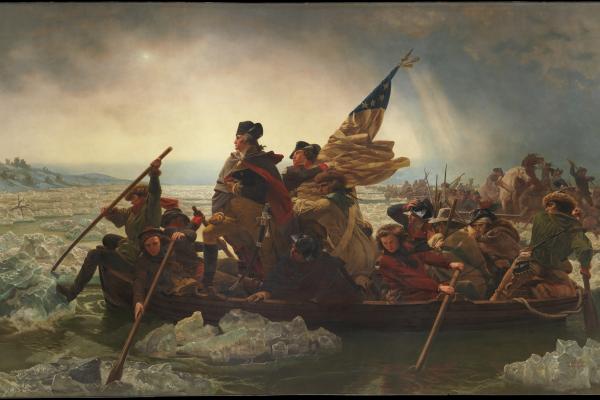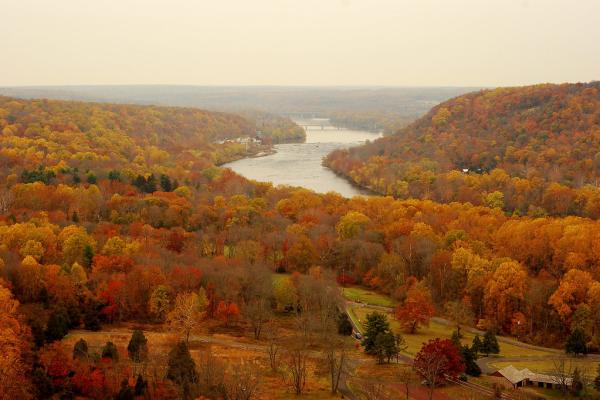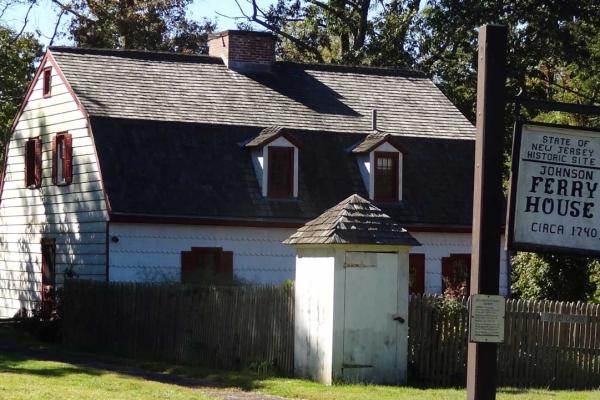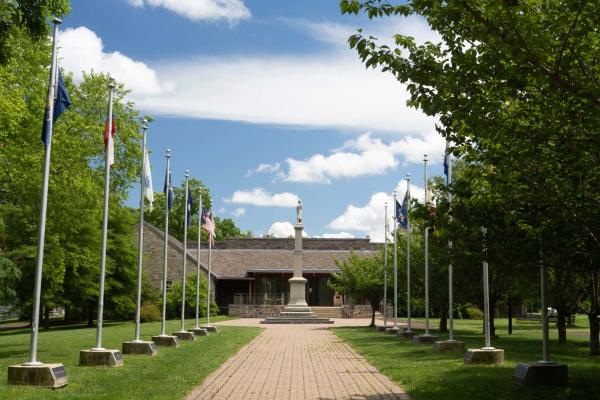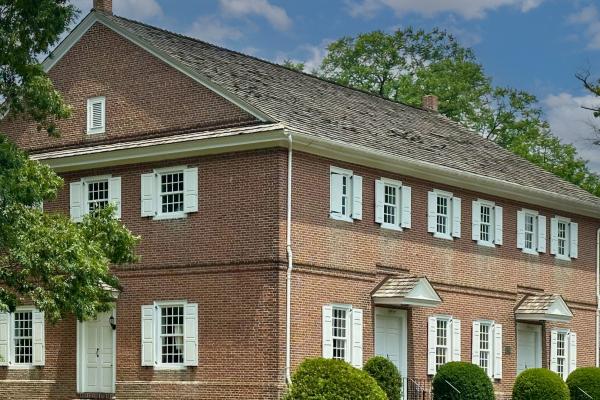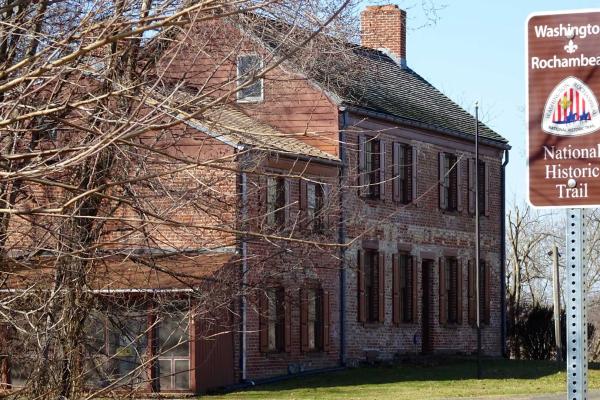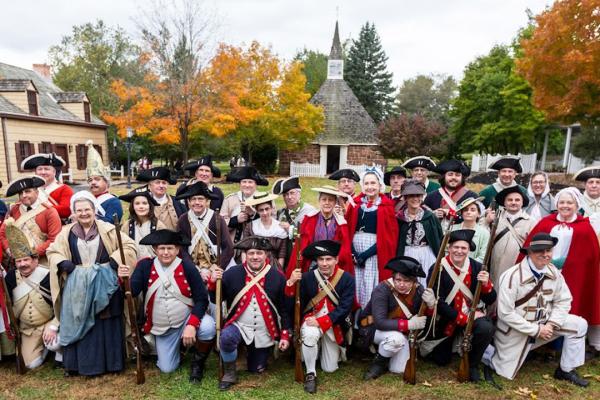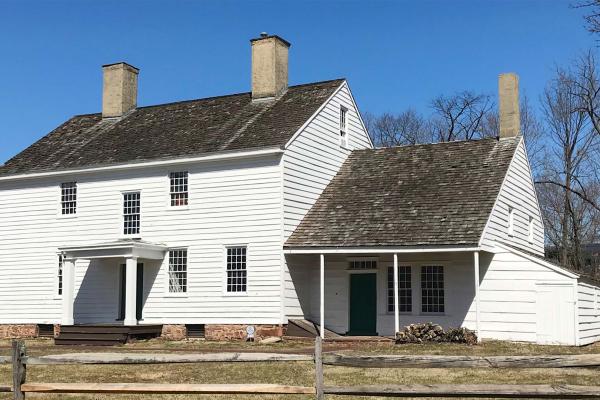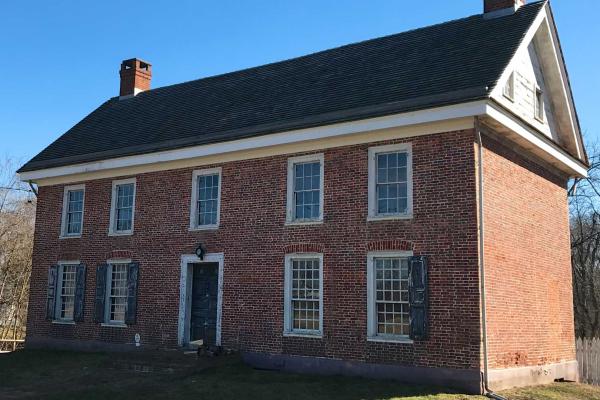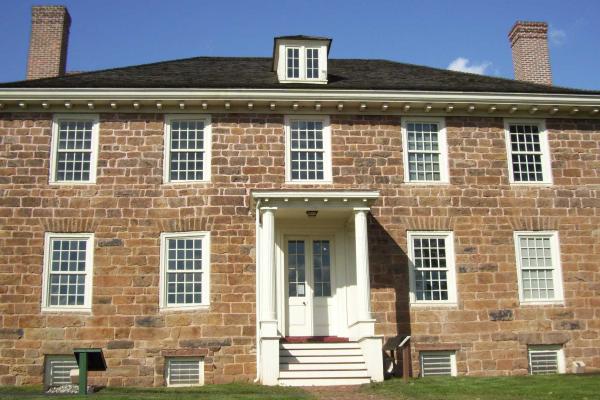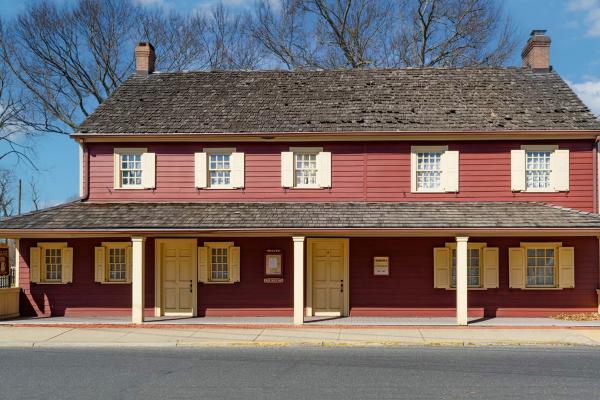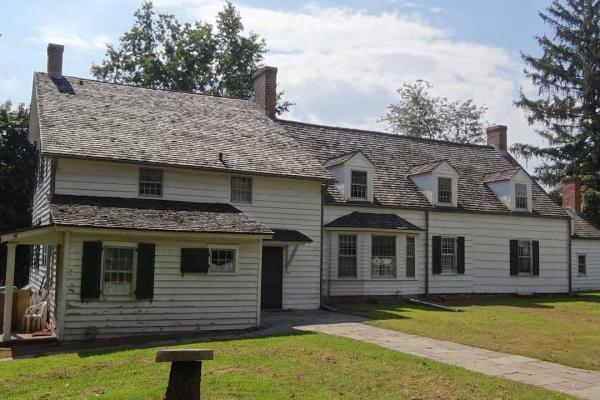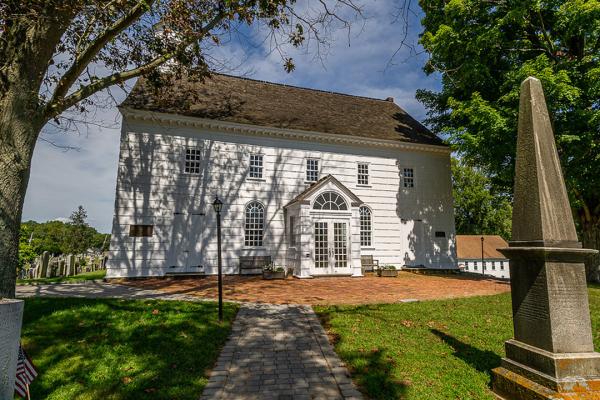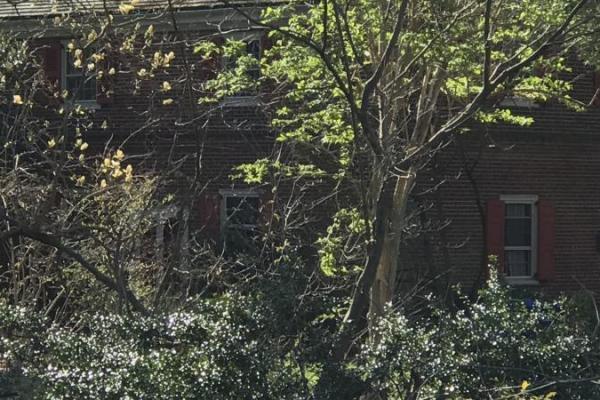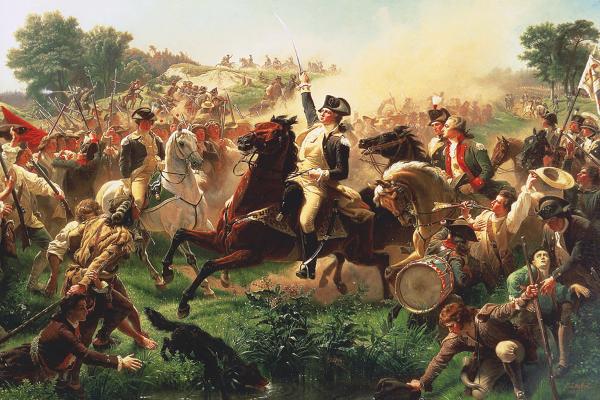After crossing the Delaware on December 25, 1776, George Washington embarked on a ten day campaign that would change the course of the war. Culminating at the Battle of Princeton on January 3, 1777, Washington snatched victory from the jaws of defeat and proved his amateur army could defeat the British.
The Battle of Princeton was a classic meeting engagement, both sides stumbled into one another, and neither expected to fight on the ground where the battle raged. Initially, the British commander Charles Mawhood, marched his force south towards Trenton to meet the main British army, when he spotted the American column. Washington had stolen a march on Charles Lord Cornwallis, slipping away from the British forces along Assunpink Creek the night before.
When the Americans spotted British troopers around William Clarke's farm, Washington detached Hugh Mercer's brigade to investigate. Mercer ran headlong into the 17th Foot, firmly stationed behind a fence at the end of Clarke's orchard. In the ensuing volleys, Mercer was wounded and his men routed by a bayonet charge. With the outnumbered British on the verge of splitting his army, Washington quickly detached John Cadwalader's Philadelphia Associatiors to plug the gap. These green troops fought valiantly, but were also broken by British bayonets.
With the battle, and the war, hanging in the balance, Washington personally led fresh troops onto the field while grapeshot and canister from Joseph Moulder's artillery battery forced the British back towards William Clarke's farmhouse. Washington's counterattack broke the British line, which quickly turned into a rout.
Further towards town, two smaller engagements at Frog Hollow and on the grounds of the College of New Jersey (now Princeton University), also resulted in British retreat. Washington had won a great victory, defeating an inferior force of British regulars, but Colonel Mawhood was also praised for delaying the Americans long enough to rescue most of his supplies.




